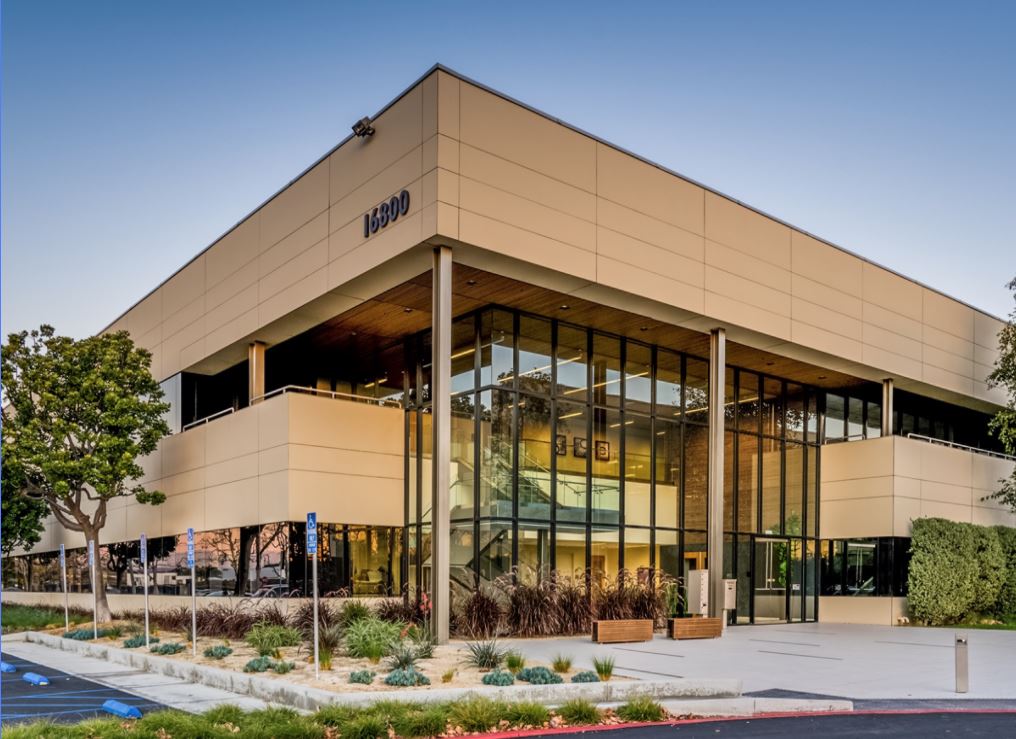A ‘triple-net lease,’ also known as ‘NNN lease,’ is a type of arrangement in which the tenant of a property is required to pay the entire or some property expenses along with the base rent. As a result, the property owner gets rid of the burden of paying the property’s maintenance expenses. This kind of investment is quite appropriate for property owners who want to generate a steady flow of income from their property without giving away anything.
Since the tenant is also responsible for paying the additional expenses of the property like the utilities, insurance, etc. the base rent of a property given under ‘NNN lease’ is generally low as compared to that of a property given on gross lease. But, what does ‘NNN’ mean? And why is it known as ‘triple-net lease’?
‘Net Lease’ can be divided into a single net, double net, and triple net. A ‘triple-net lease’ asks the tenant to pay the property taxes, insurance, and maintenance cost of the property, known as ‘three nets.’ Similarly, in a ‘double net lease,’ the tenant is generally required to pay the property taxes and insurance fee of the property. Whereas, in a ‘single net lease,’ the tenant is just required to pay property taxes or one additional property expense along with the base rent.
A proper ‘triple-net lease’ investment includes all three ‘nets’ in the agreement. Some real estate brokers often erroneously use the term ‘net lease’ to define both ‘triple-net lease’ and ‘double net lease.’ However, there is a significant difference between both kinds of arrangements. Knowing the different types of ‘triple-net lease’ will reduce the risk of making an investment error.
A net leased may include one or more operating expenses –
- Single-tenant net lease: NNN properties are generally leased to one tenant, and thus it is known as STNLs or Single-Tenant Net Leases. However, a ‘NNN lease’ investment can also have two or more tenants, though it wouldn’t be considered as an STNL investment. For example, Starbucks and KFC sharing the same place under the ‘NNN lease.’ Thus, both companies will pay the rent together. Such kind of investment may appeal to investors who want to minimize the risk of default, as in such cases, the risk of default spreads out to more than one tenant. For example, if either Starbucks or KFC goes bankrupt, then the other tenant will continue to pay the rent as described under their ‘NNN lease’ agreement.
- Double Net Lease: Double net lease or ‘NN lease,’ just a triple net arrangement, usually has a single-tenant arrangement, but not always. A ‘double net lease’ generally requires the tenant to pay the property taxes and insurance fee. Whereas the owner or the landlord of the property has to pay for some maintenance expenses. The basic difference between ‘triple-net lease’ investments and ‘double net lease’ investments is that the ‘double net lease’ investments trade at a slightly higher CAP rate than ‘triple-net lease’ investments. The reason is obvious. In ‘double net lease’ investments, the owner is responsible for paying the maintenance expenses, and hence the CAP rate is higher.
- CAP Rate: Capitalization rate or CAP rate is the ratio between the annual operating income generated by the property or net annual proceeds and its current market value. For example, if a property’s net operational income is $100,000 (the amount left after fixed costs and variable costs are subtracted from the gross lease income) and its current market value is $1,000,000, then it’s CAP rate would be ($100,000/$1,00,0000)*(100) = 10%. The capitalization rate helps investors evaluate the current value of the property based upon its net operating income.
Well, you certainly require the services of a registered real estate firm to understand the technicalities of ‘NNN lease’ investments. However, it is always better to do as much research as possible before committing to a ‘NNN lease’ Investment. The reason why investors prefer ‘NNN lease’ investment is that it has many benefits for them. In fact, ‘NNN lease’ investments also benefit the tenant in some aspects.
Find exclusive NNN tenant listings in the property section of the website.
Advantages of ‘NNN lease’ investments:
- The biggest advantage of a ‘NNN lease’ investment is that all major property expenses are covered by the tenant, which reduces the burden from the landlord’s head. Moreover, the ‘NNN lease’ investment is the best way for investors to ensure a steady flow of income.
- A ‘NNN lease’ investment is the best option for passive investment. As the risk of paying the building maintenance expenses is upon the tenant’s shoulder, the landlord in a ‘NNN lease’ investment enjoys a 100% passive investment.
- Investors can defer capital gains taxes on ‘NNN lease’ investments using the 1031 Exchange. For example, if a ‘NNN leased property’ is sold, then the proceeds obtained from it can be used for purchasing another property with the luxury of deferring taxes imposed on the proceeds. “NNN 1031 Exchange’ is a good way to defer capital gains taxes on exchanging a leased property for another.
- Although ‘Investors prefer NNN lease’ investments, they also have a few benefits for the tenant. The base rent of a property leased under ‘NNN lease’ is generally less than that of a property leased under the gross lease. Therefore, even though the tenant is burdened with property expenses, lower rent gives them some relaxation.
Nothing else can be more worthy of appreciation than an investment plan, which can benefit the owner of a property as well as the tenant. However, just like a coin has two sides, ‘NNN lease’ investments also pose risks to investors along with the benefits.
Risk involved in ‘NNN lease’ investments:
- Although ‘NNN lease’ investments don’t pose bigger risks to investors than some other investments, the owner can be exposed to financial risk in some cases. For example, in case of a calamity (including natural disaster), the owner is responsible for rebuilding the property.
- The property owner is forced to estimate some expenses in advance, like fluctuations in property taxes, as it can’t be predicted in the initial contract. Therefore, on account of even a slight mistake, the owner may lose thousands of dollars at the end of the taxable year.
- In ‘absolute triple net’ lease arrangements, commonly known as ‘bondable NNN lease,’ the tenant can’t terminate the lease or demand any rent abatements.
There is nothing much to argue in that ‘NNN lease’ investments favor investors and landlords. However, the tenants also have a few things to cherish in ‘NNN lease’ investments. The most significant benefit a tenant receives in a ‘NNN lease’ arrangement is cost savings. In contrast, landlords recognize the steady flow of income as one of the significant advantages of ‘NNN lease’ investments.
You can also invest in TICs if you are looking for a shared-ownership structure. A TIC 1031 exchange advisor can help you closing a TIC property.

